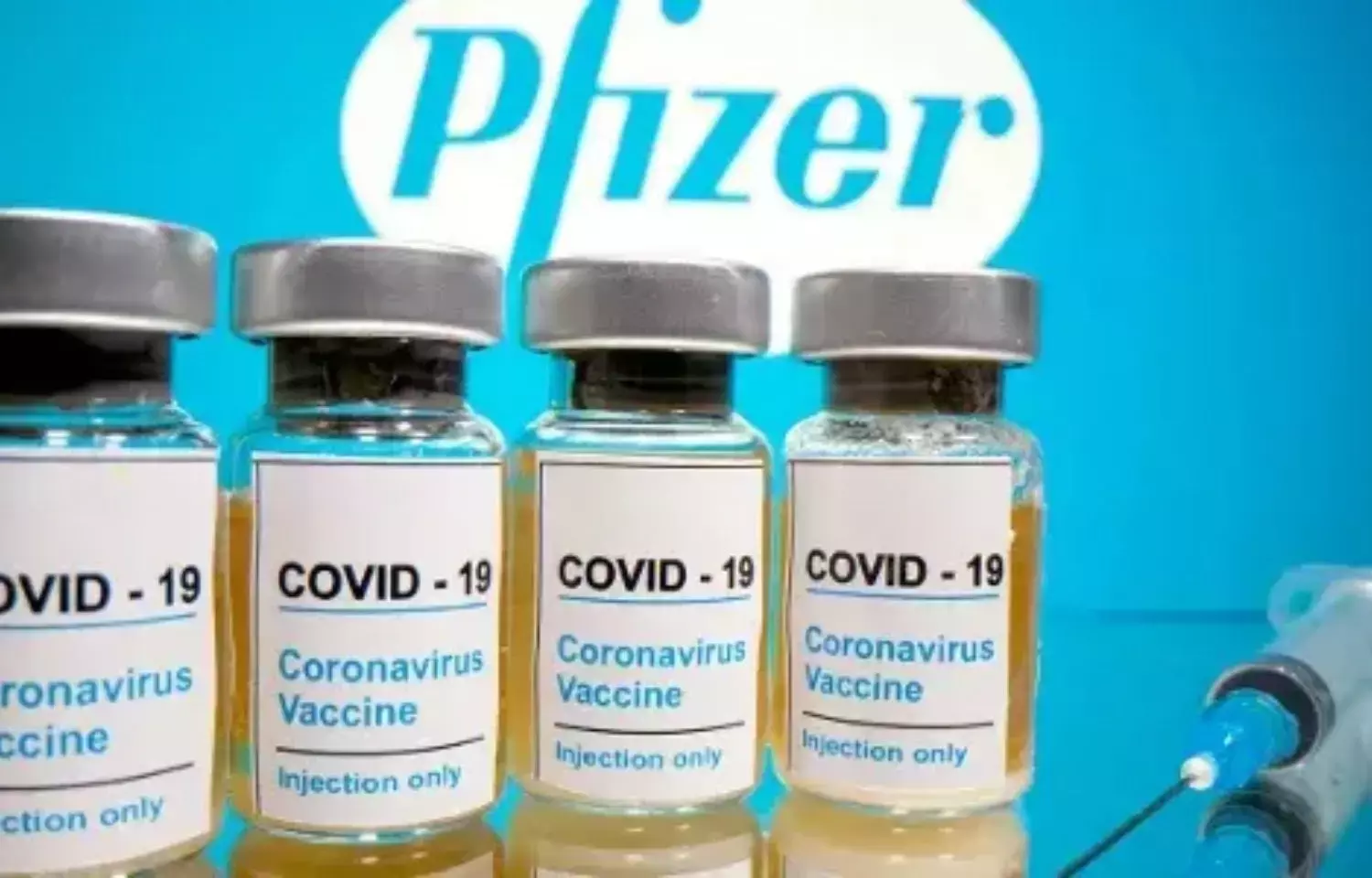- Home
- Medical news & Guidelines
- Anesthesiology
- Cardiology and CTVS
- Critical Care
- Dentistry
- Dermatology
- Diabetes and Endocrinology
- ENT
- Gastroenterology
- Medicine
- Nephrology
- Neurology
- Obstretics-Gynaecology
- Oncology
- Ophthalmology
- Orthopaedics
- Pediatrics-Neonatology
- Psychiatry
- Pulmonology
- Radiology
- Surgery
- Urology
- Laboratory Medicine
- Diet
- Nursing
- Paramedical
- Physiotherapy
- Health news
- Fact Check
- Bone Health Fact Check
- Brain Health Fact Check
- Cancer Related Fact Check
- Child Care Fact Check
- Dental and oral health fact check
- Diabetes and metabolic health fact check
- Diet and Nutrition Fact Check
- Eye and ENT Care Fact Check
- Fitness fact check
- Gut health fact check
- Heart health fact check
- Kidney health fact check
- Medical education fact check
- Men's health fact check
- Respiratory fact check
- Skin and hair care fact check
- Vaccine and Immunization fact check
- Women's health fact check
- AYUSH
- State News
- Andaman and Nicobar Islands
- Andhra Pradesh
- Arunachal Pradesh
- Assam
- Bihar
- Chandigarh
- Chattisgarh
- Dadra and Nagar Haveli
- Daman and Diu
- Delhi
- Goa
- Gujarat
- Haryana
- Himachal Pradesh
- Jammu & Kashmir
- Jharkhand
- Karnataka
- Kerala
- Ladakh
- Lakshadweep
- Madhya Pradesh
- Maharashtra
- Manipur
- Meghalaya
- Mizoram
- Nagaland
- Odisha
- Puducherry
- Punjab
- Rajasthan
- Sikkim
- Tamil Nadu
- Telangana
- Tripura
- Uttar Pradesh
- Uttrakhand
- West Bengal
- Medical Education
- Industry
Pfizer COVID booster gets Canadian nod for kids 5-11

Ottawa: Canada's health ministry on Friday said it had authorized the use of Pfizer Inc's and BioNTech's COVID-19 vaccine as a booster for children five to 11 years old at least six months after receiving their initial two doses.
The authorization for a booster shot was granted after a thorough, independent review of the vaccine, which "provides good protection against severe illness, hospitalization and death," the health ministry wrote on Twitter.
Canada is witnessing a decrease in COVID-19 cases but citizens must prepare for the potential emergence of new variants of the virus in the months ahead, Dr. Theresa Tam, Canada's chief public health officer, told a news conference.
"Many of the good personal protective habits we have honed over more than two years of managing COVID-19 can also reduce your risk of getting infected and spreading other diseases, including monkeypox and influenza," Tam said.
Canada has reported 1,168 confirmed cases of monkeypox, including 30 hospitalizations, Tam said, adding there has "been a slowing trend in the increase in new cases reported in recent weeks."
Over 99% of reported cases are male, Tam said. Among confirmed cases for whom additional data is available, the majority reported intimate sexual contact with other men, she aded.
Monkeypox spreads via close contact and tends to cause flu-like symptoms and pus-filled skin lesions; people generally recover from it within two to four weeks, according to the World Health Organization (WHO).
Public health agencies have stressed that although in many countries the outbreaks are concentrated among men who have sex with men, anyone can contract the virus through prolonged close contact or from particles on items such as bedding or towels.
pfizerCOVID 19coronaviruscoronavirus vaccinecovid boosterpfizer newsBioNTechBioNTech newsCOVID booster
Source : ReutersRuchika Sharma joined Medical Dialogue as an Correspondent for the Business Section in 2019. She covers all the updates in the Pharmaceutical field, Policy, Insurance, Business Healthcare, Medical News, Health News, Pharma News, Healthcare and Investment. She has completed her B.Com from Delhi University and then pursued postgraduation in M.Com. She can be contacted at editorial@medicaldialogues.in Contact no. 011-43720751
Next Story


